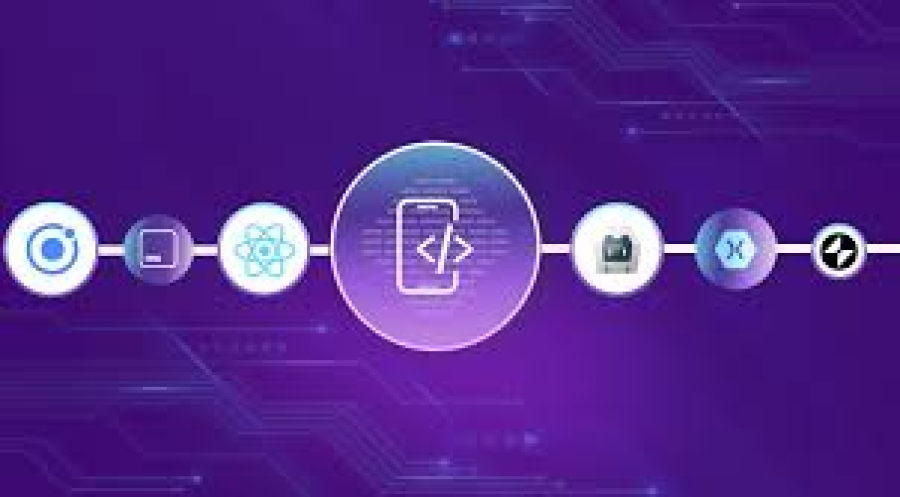How Web3 and Blockchain are Changing Web Development
The evolution of the internet has entered a new phase with the rise of Web3 and blockchain technology. Unlike traditional web development, which relies on centralized servers, Web3 promotes a decentralized, transparent, and secure internet. Blockchain technology powers this transformation, enabling smart contracts, decentralized applications (dApps), and improved data security.
For freelancers, businesses, and developers, understanding Web3 and blockchain is crucial as these technologies reshape digital interactions, payments, and ownership models. With blockchain's security and decentralization, the future of web development is more transparent, secure, and user-centric.
How Web3 and Blockchain are Transforming Web Development
1. Decentralization: Moving Away from Centralized Servers
Web3 eliminates the need for centralized authorities like Google, AWS, or Facebook, allowing developers to build decentralized applications (dApps) on blockchain networks. This reduces dependency on a single entity and enhances data privacy and control.
2. Smart Contracts: Automating Web Transactions
Smart contracts are self-executing agreements stored on the blockchain. They enable secure, automated transactions without intermediaries, making them ideal for e-commerce, freelance platforms, and digital agreements.
3. Enhanced Security & Data Protection
Blockchain ensures immutable and encrypted data storage, reducing hacking risks. Unlike traditional databases, blockchain records cannot be altered or deleted, providing greater security for users and businesses.
4. Cryptocurrency & Web Payments
Web3 integrates cryptocurrencies and decentralized finance (DeFi), allowing seamless, borderless payments. Websites can accept Bitcoin, Ethereum, and stablecoins for transactions, reducing dependency on banks and credit cards.
5. Decentralized Identity & Authentication
Web3 enables self-sovereign identity, where users control their personal information without relying on centralized authentication systems like Google or Facebook login. This enhances privacy and data ownership.
6. NFT Integration in Web Development
Non-fungible tokens (NFTs) allow digital ownership of assets like art, music, and virtual goods. Websites can integrate NFTs for membership access, digital collectibles, and tokenized rewards.
7. Web Hosting on Blockchain
Decentralized web hosting platforms like IPFS (InterPlanetary File System) and Arweave enable censorship-resistant websites. Unlike traditional hosting services, blockchain-based hosting prevents content takedowns and enhances data permanence.
8. Transparency & Trust in E-Commerce
Blockchain’s transparency allows customers to verify the authenticity of products, supply chains, and transactions. This is especially useful for e-commerce, where buyers can track product origins and avoid counterfeit goods.
9. The Role of DAOs in Web Development
Decentralized Autonomous Organizations (DAOs) govern online communities and projects using blockchain-based voting systems. Web developers can create community-driven platforms where decisions are made by token holders.
10. Future of Web3 & Blockchain in Web Development
As Web3 adoption grows, developers must stay updated with Ethereum 2.0, Layer 2 scaling solutions, and cross-chain compatibility. Businesses integrating Web3 will have a competitive edge in offering secure, transparent, and user-controlled experiences.


 by Emily
by Emily




